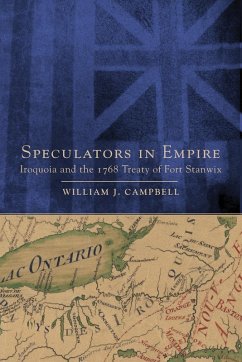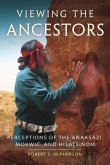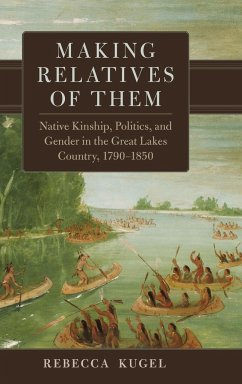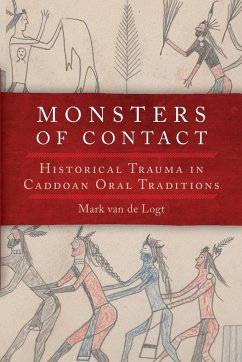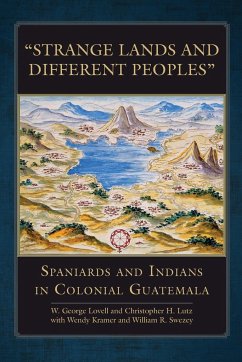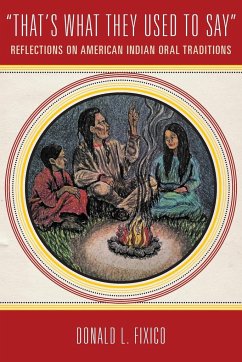Explores the Iroquois-British diplomacy leading up to the treaty At the 1768 Treaty of Fort Stanwix, the British secured the largest land cession in colonial North America. Crown representatives gained possession of an area claimed but not occupied by the Iroquois that encompassed parts of New York, Pennsylvania, Ohio, Kentucky, and West Virginia. The Iroquois, however, were far from naïve-and the outcome was not an instance of their simply being dispossessed by Europeans. In Speculators in Empire, William J. Campbell examines the diplomacy, land speculation, and empire building that led up to the treaty. His detailed study overturns common assumptions about the roles of the Iroquois and British on the eve of the American Revolution. Through the treaty, the Iroquois directed the expansion of empire in order to serve their own needs while Crown negotiators obtained more territory than they were authorized to accept. How did this questionable transfer happen, who benefited, and at what cost? Campbell unravels complex intercultural negotiations in which colonial officials, land speculators, traders, tribes, and individual Indians pursued a variety of agendas, each side possessing considerable understanding of the other's expectations and intentions. Historians have credited British Indian superintendent Sir William Johnson with pulling off the land grab, but Campbell shows that Johnson was only one of many players. Johnson's deputy, George Croghan, used the treaty to capitalize on a lifetime of scheming and speculation. Iroquois leaders and their peoples also benefited substantially. With keen awareness of the workings of the English legal system, they gained protection for their homelands by opening the Ohio country to settlement. Campbell's navigation of the complexities of Native and British politics and land speculation illuminates a time when regional concerns and personal politicking would have lasting consequences for the continent. As Speculators in Empire shows, colonial and Native history are unavoidably entwined, and even interdependent. William J. Campbell is Assistant Professor of History at California State University, Chico, and author of numerous articles on early North American, Native, and Canadian history.
Hinweis: Dieser Artikel kann nur an eine deutsche Lieferadresse ausgeliefert werden.
Hinweis: Dieser Artikel kann nur an eine deutsche Lieferadresse ausgeliefert werden.

